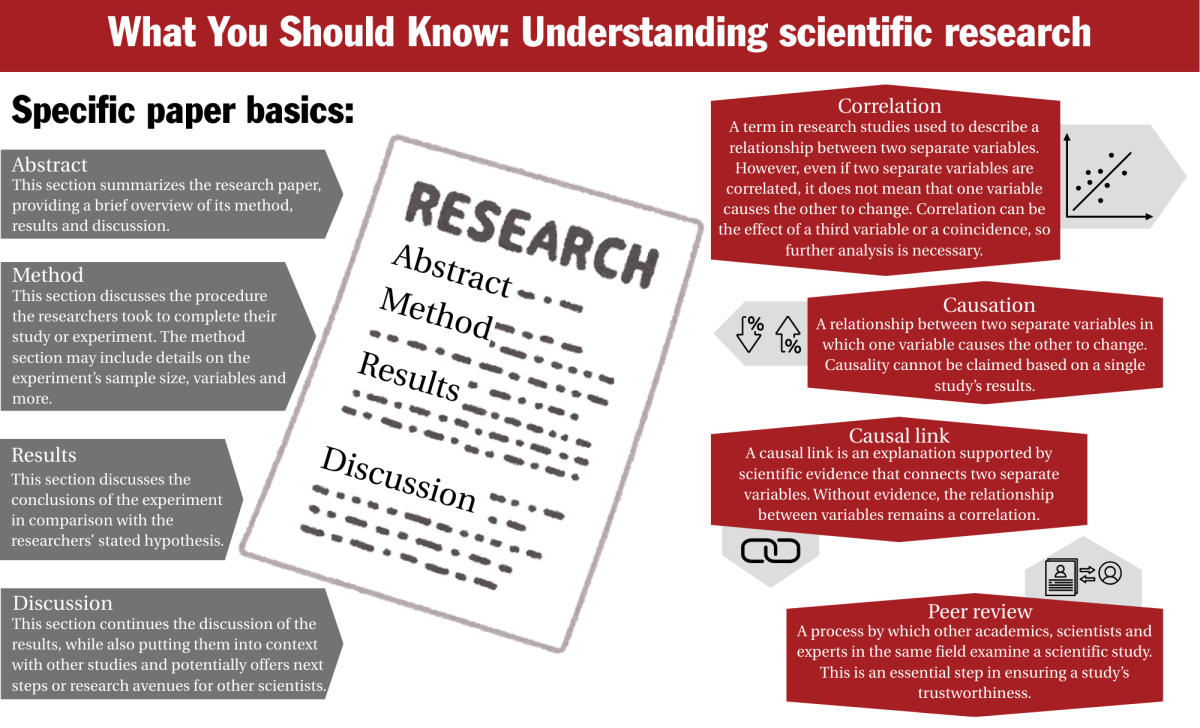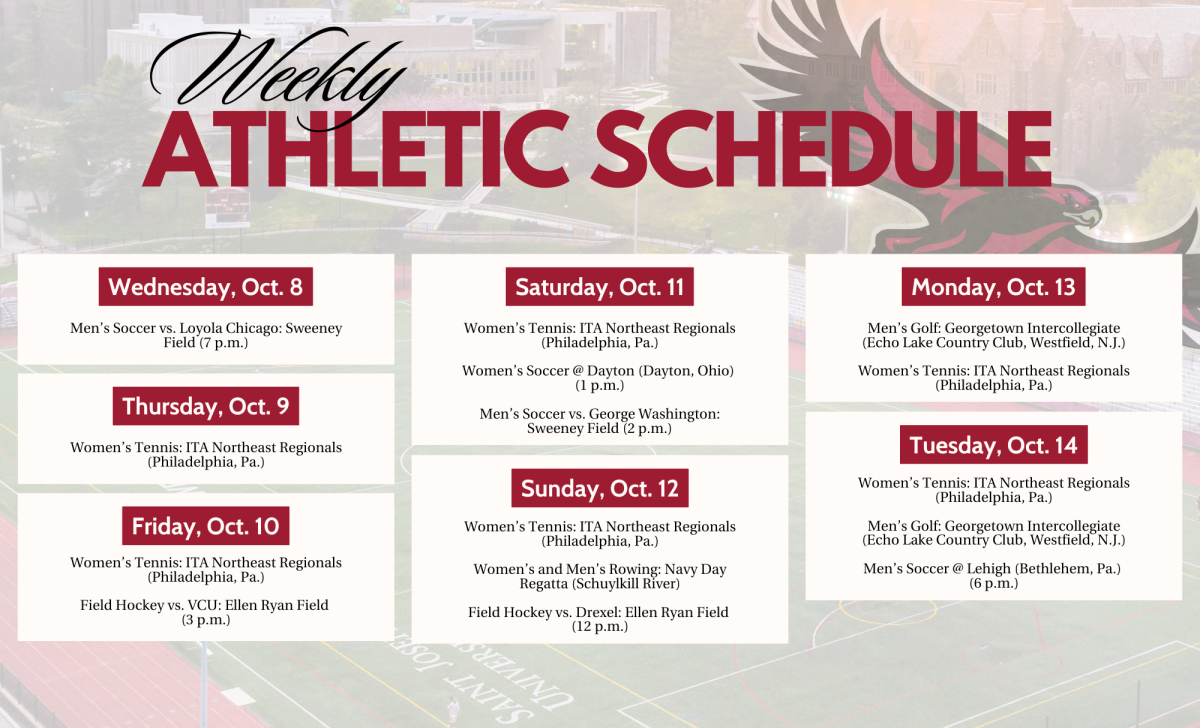Like many college students who engage in sports betting, Colin Simpson ’26 is just looking to make an extra buck.
“If you’re lucky enough, you can get a little extra spending cash,” Simpson said.
Since the Supreme Court legalized sports betting in 2018, it has been growing consistently every year, fueled by online betting through apps like FanDuel, DraftKings and ESPN BET, known as sportsbooks.
In 2023, Americans gambled over $120 billion on legalized sportsbooks, up from $93 billion in 2022, according to the American Gaming Association.
Sports betting is also growing among college students. Of people ages 18 to 22, 58% have engaged in a sports betting activity, according to a 2023 NCAA survey. Of respondents living on a college campus while pursuing a bachelor’s degree, 67% have engaged in betting activities.
The legal age to place a sports bet is 21 in the majority of states, including Pennsylvania. However, it is not hard to work around the legal age.
Brendan Duffy ’26, who is 21, said students are able to find ways to bet even while being underage.
“What I did was use an app that classifies itself as a sweepstakes app,” Duffy said. “It’s classified as a sweepstakes app even though you are actually sports betting, so it’s a loophole.”
Duffy said some students will go as far as using older siblings’ or parents’ information to log on to the apps and place bets.
“Through friends or family that are 21, you can use their identity in sportsbooks,”
Duffy said.
While mainstream sports betting sites require you to take a photo of your driver’s license or other official identification when signing up, there are other workarounds for that, too, Duffy said.
“There’s not really a way for you to fake your identity to those sportsbooks, but there are black market bookies,” Duffy said.
Some college students are the “black market bookies,” running sportsbooks through off-the-grid websites. Essentially, the “bookies” are the sportsbooks, and when an individual loses a bet, they have to pay the bookie. When they win, the bookie pays them.
With so many workarounds for sports betting, it is almost impossible for underage students to not find a way to bet on sports. Stephanie Tryce, J.D., assistant professor of sports marketing, said many college students don’t understand the legal implications of sports betting.
“You got identity issues, you’ve got fraud and forgery, and depending upon the state you’re in, it has different legal implications,” Tryce said.
Tryce said she is concerned with the habits some students are forming.
“The other thing that concerns me about young folks is, ‘Oh, I only bet 15 cents. I’m not concerned about that right now,’” Tryce said. “I’m concerned about the habit that you’re building, because now when you get a job, now you’re going to bet more.”
Duffy isn’t concerned about that.
“It is something that I really enjoy doing, but it is something that I’ve gone periods without doing as well, so I know that for me, personally, I don’t think that it would ever become an addiction,” Duffy said.
In the same NCAA study, 70% of respondents classified as risky gamblers believe consistent sports betting will earn them a lot of money. Risky gamblers are students who either bet a few times a week or daily, bet $50 or more in a typical wager and/or lose more than $500 from betting in a single day.
Cayden Swatchick ’26, who only occasionally places a sports bet, said while sports betting is problematic for some, most of the people he knows are okay.
“A lot of people that keep themselves in check, I don’t think it’s going to be an issue for them,” Swatchick said. “… As long as you keep yourself [to] a limit that you’re betting per month or per week, you’ll be fine.”
Swatchick said the key is to know when to quit.
“When you keep losing, continuing to try and pull yourself out of that loss, sometimes you just have to accept that you’ve lost that money,” Swatchick said.
Members of the St. Joe’s community seeking support are encouraged to contact the following resources:
Counseling and Psychological Services (CAPS), 610-660-1090
Campus Ministry, 610-660-1030
The Office of Student Outreach & Support, 610-660-1149
The Jesuit community, 610-660-1400
Employee Assistance Program, 866-799-2728
Gamblers Anonymous, 1-800-GAMBLER (1-800-426-2537)

















































